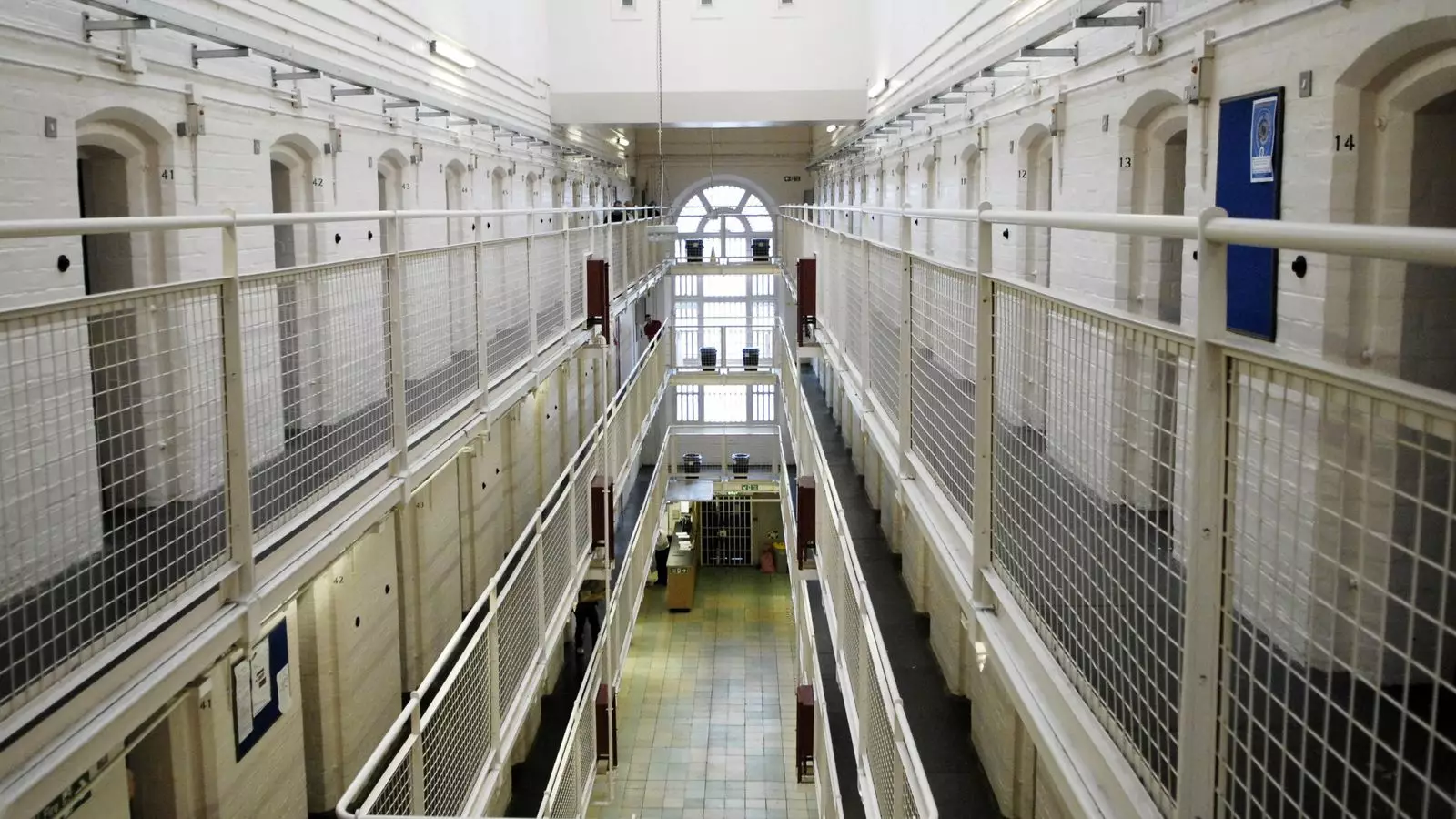In recent years, the incessant push by successive governments to present themselves as being “tough on crime” has led to a significant increase in the prison population in England and Wales. This trend has resulted in an overwhelmed penal system that struggles to cope with the consequences of punitive policies that focus almost exclusively on incarceration without a comprehensive consideration of the long-term effects. The Independent Sentencing Review, chaired by former lord chancellor and justice secretary David Gauke, has highlighted the need for a serious reassessment of our approach to criminal justice, particularly in light of a drop in crime rates since the mid-1990s.
The rush to impose longer jail terms, often in reaction to high-profile criminal cases, has generated a poorly strategized system that lacks coherence and foresight. For years, policymakers have exhibited a knee-jerk reaction that has prioritized lengthier sentences at the expense of a holistic view of justice. The review findings indicate that England and Wales now boast one of the highest rates of incarceration in Western Europe, which raises important questions about the efficacy of such punitive measures.
Overcrowding Crisis and Its Implications
One of the critical points raised in the report is the startling increase in the number of offenders recalled to prison while on license. This figure has skyrocketed from fewer than 100 individuals in 1993 to a staggering almost 13,000 by December 2024. This phenomenon is indicative of a larger issue within the justice system—namely, that a reactive attitude towards crime has contributed to an unsustainable prison system that is increasingly unable to meet the needs of both inmates and the general public.
To mitigate the dire conditions resulting from overcrowding, the government recently implemented a controversial policy: the early release of thousands of prisoners. This involved modifying the length of time that individuals must serve before being eligible for release, reducing their time served from 50% to 40%. This drastic measure was a temporary solution to an escalating crisis, underscoring the need for comprehensive reforms that go beyond mere quick fixes.
The review’s leadership, with David Gauke at the helm, has been vocal about the systemic failures stemming from decades of erratic policymaking and underfunding in the criminal justice system. “Last year, we faced the cumulative consequences of these misguided policies,” Gauke noted, emphasizing that such an approach has not only failed to serve victims of crime but has also undermined the integrity of the justice system itself. Rather than enhancing public safety, the myopic focus on punitive measures has perpetuated cycles of crime and recidivism.
To address these complex issues, the review advocates for a critical examination of who is sent to prison and for how long. While punishment is an essential aspect of the justice system, it is not the sole purpose; alternatives to incarceration must also be considered. Rethinking the concept of punishment could lead to innovative policies that focus on rehabilitation and reintegration rather than mere confinement.
The report highlights a troubling inconsistency in sentencing, which can leave victims feeling marginalized and with a sense of injustice. When lawmakers react impulsively to isolated incidents, often driven by public outrage, the overall framework of justice becomes distorted. This approach alienates victims rather than providing them the assurance they seek from the justice system.
Andrew Neilson, a campaigns director for the Howard League for Penal Reform, succinctly summarizes the crux of the problem: “Our overcrowded and violent prisons are breeding grounds for crime, while probation services are overstretched and under-resourced.” The evidence suggests that reform is not just needed; it is imperative.
The Independent Sentencing Review sets the stage for necessary reforms to mitigate the pressures on the prison system. It is clear that a balanced approach that prioritizes rehabilitation over punishment, along with adequate funding for community-based programs, will lead to a more equitable and effective justice system. In moving towards a more strategic response to crime, stakeholders must engage in honest conversations about the implications of their policies—both for individuals and society as a whole.
Ultimately, the goal of any justice system should not only be to punish offenders but to create a safer, more just society. As discussions continue around these critical issues, it is vital that we prioritize evidence-based strategies over knee-jerk reactions, fostering a system that is truly reflective of the principles of justice and rehabilitation.

Leave a Reply